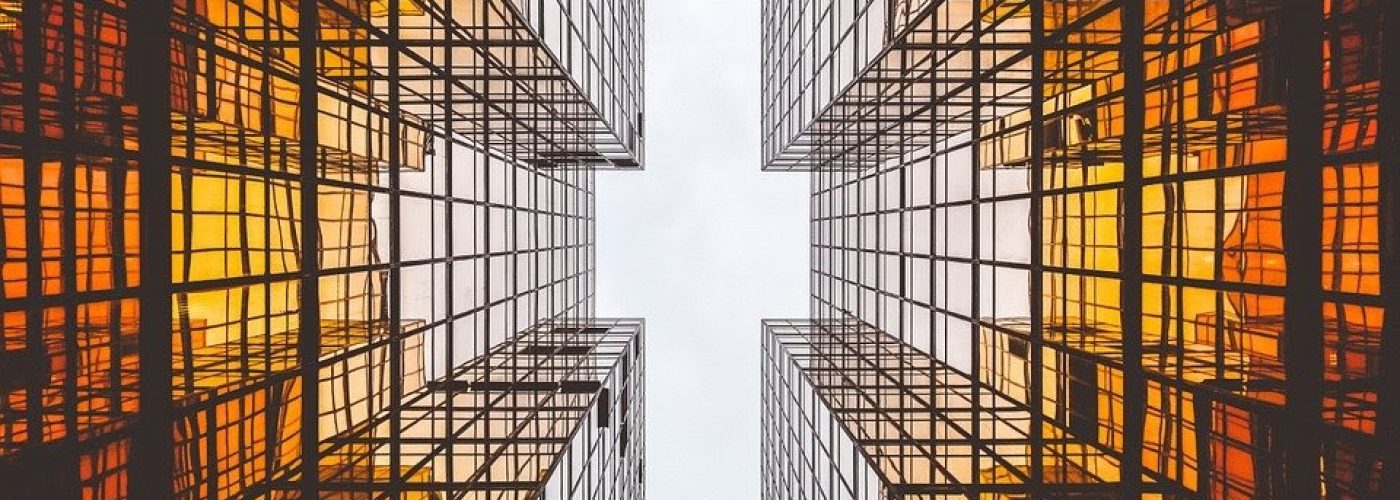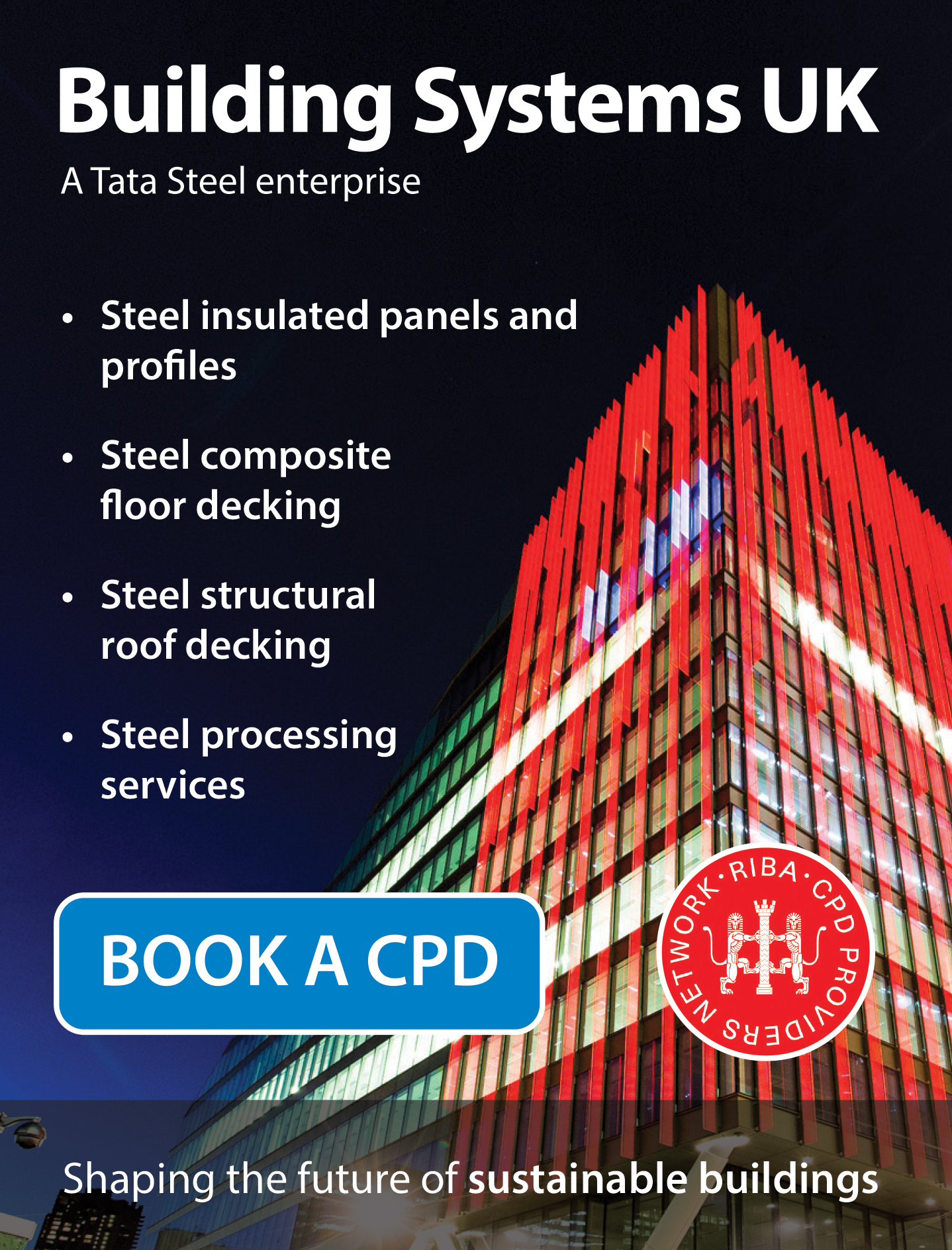From the initial designs to all the calculations and specifications required for the materials, there are many forms of Intellectual Property (IP) in any kind of construction project. Therefore, IP protection is something that should concern anyone involved in managing or owning a construction company.
At first glance, it may be a bit difficult to choose the right form of protection for your company and projects because there are several different laws and regulations for various situations. For instance, it’s important to know when to use a trademark or a patent (among others). Also, when it comes to the construction industry, you won’t just be protecting designs and ideas – there are also other items that need protection such as methods of building, machinery used, and materials.
That’s why, in order to make sure others won’t profit from your hard work, it’s important to learn how to protect intellectual property. This usually requires knowledge of IP protection laws in your state, but it’s also a good idea to have a specialist review your actions and provide guidance.
Why IP Protection is Vital in Constructions
Contractors have a complex job that involves a lot more than just physical labor. In fact, the part we all see (the actual construction work) is among the last steps they need to take. But, for a project to reach this stage, there are lots of other elements to consider and plenty of issues to solve.
The early parts of a construction project require collaboration with all sorts of specialists, institutions, material suppliers, subcontractors, and owners. Therefore, without proper protection, it is easy for a construction company to lose sight of trade secrets and other IP items that may lead to a loss in profits. In fact, each construction company has its own way of doing things, which can be damaging if it would be rebranded and copied by the competition.
Let’s take architectural copyrights as an example (these are among the most interesting intellectual property concepts in this industry). Copyrights can cover blueprints, technical design documents, architectural works, elevations, and more. The rights are usually attributed to the creator (which, in this case, is the architect or the engineer) but can be bought or assigned through a contract. The company can also register the contract at the Copyright Office, but it’s not mandatory in most cases.
Another form of IP protection is the utility patent (the most common type of patent), but it may be a bit difficult to obtain since there are already lots of patents related to the construction industry. The patent can make reference to a wide range of elements such as materials, business methods, construction processes, even equipment. However, the litigation for patent infringement can be quite expensive and it’s oftentimes risky, which is why a specialist would recommend adding a contractual clause that prevents anyone involved from leaking out information about IP.
Wrap Up
Whether you’re a small contractor or a modern company looking to implement life-changing construction projects, IP protection is vital for the well-being and future of your business. Therefore, make sure to find a reliable IP lawyer and advisors that can help you put in place procedures and systems to keep prying eyes away from your intellectual property treasures.





